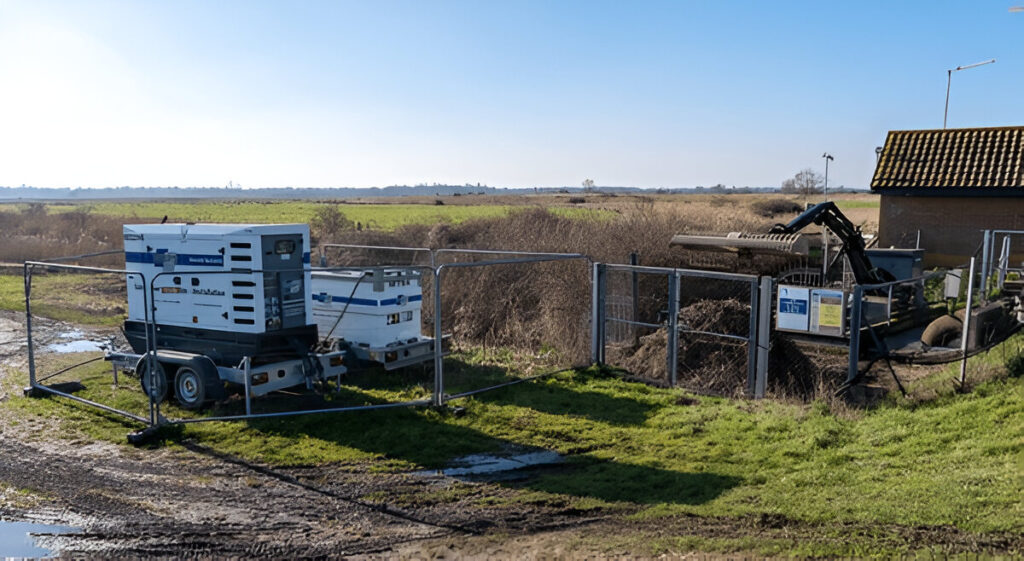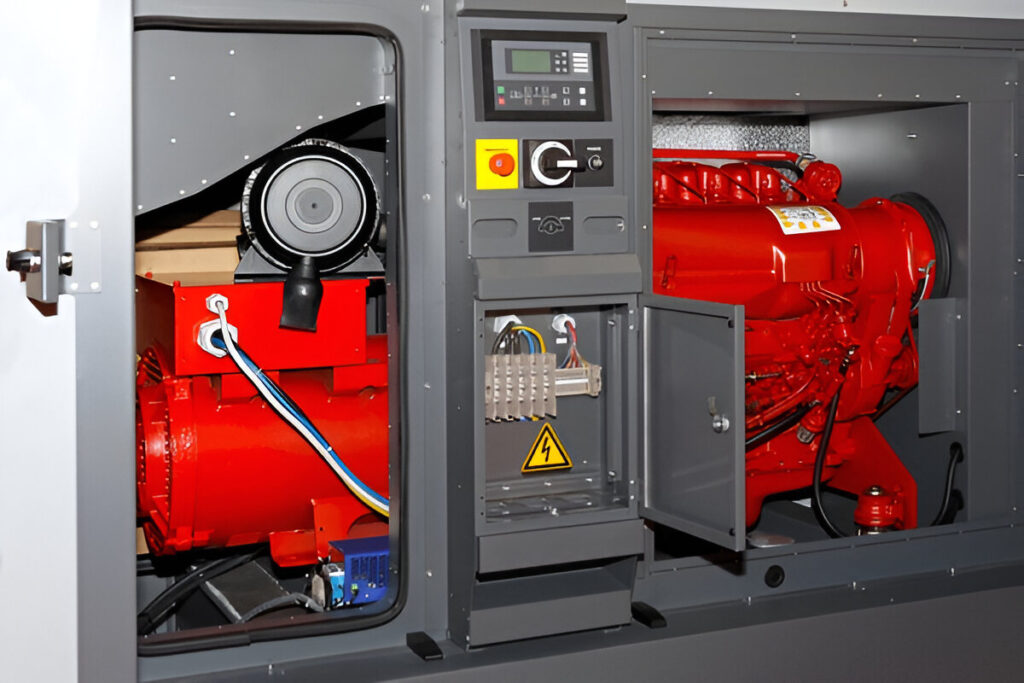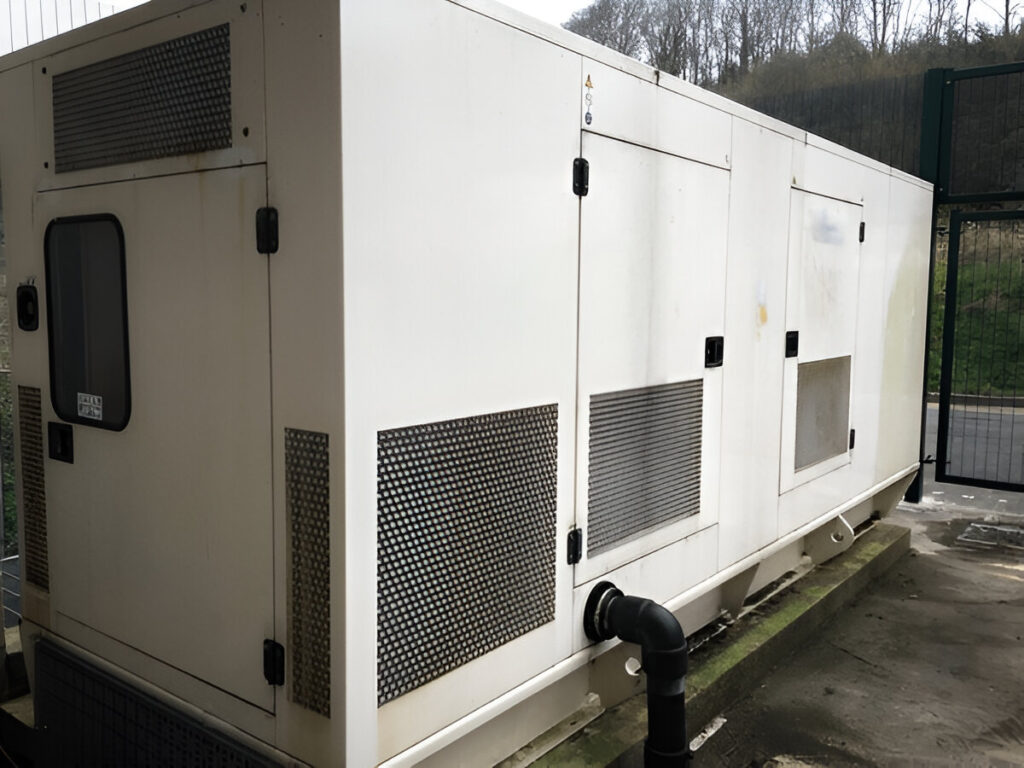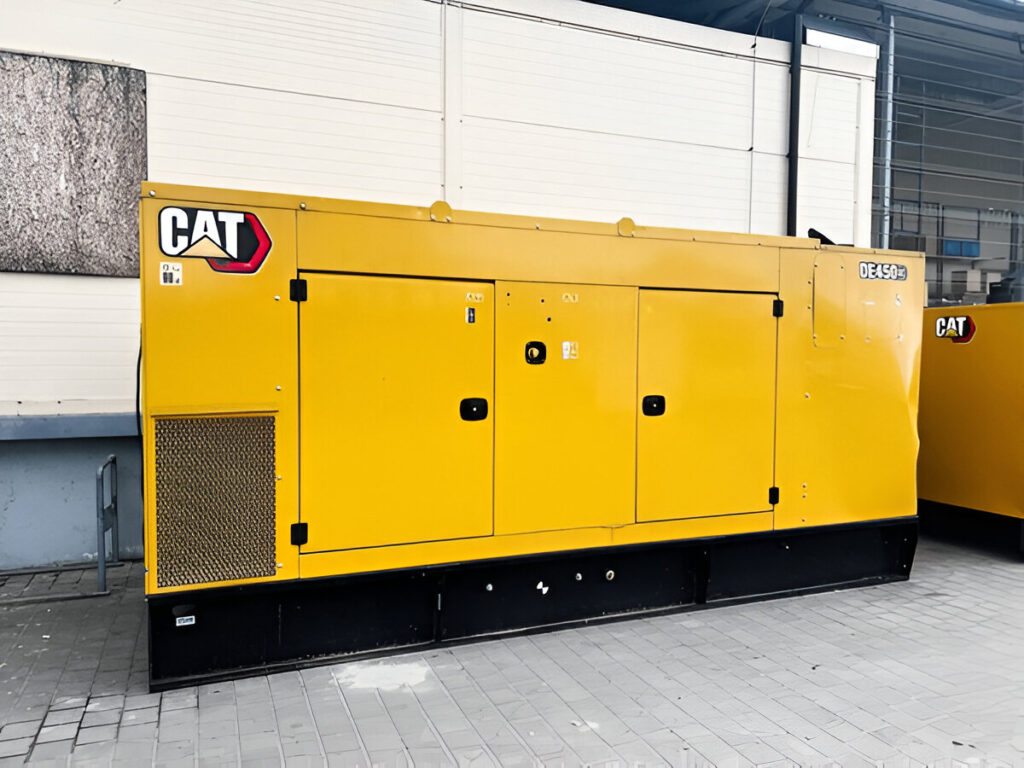When it comes to buying a diesel generator, one of the most important steps is choosing the right size for your specific requirements. Whether you’re a homeowner looking for backup power, a business owner trying to prevent downtime, or a construction manager needing a reliable energy source, selecting the ideal generator size ensures both safety and efficiency.
If you go too small, you risk overloading and damaging the unit. Too big, and you’re just wasting fuel and money. Let’s break down how to determine the best generator size for your needs in a way that’s clear and easy to follow.
1. Understand Your Power Needs
The first and most important step is to calculate your total power requirements. Think of all the devices, tools, or appliances you’ll be running on the generator. These could include:
- Lights
- HVAC systems
- Refrigerators or freezers
- Medical equipment
- Computers and office equipment
- Industrial machinery
Each of these has a specific wattage requirement. To size your generator accurately, you need to know:
- Running watts: The energy required to keep the device operating.
- Starting watts: The energy needed to start the device, which is often higher.
Example:
If you’re running a fridge (700 running watts, 2100 starting watts), a computer (250 watts), and some lights (300 watts), your total running wattage might be 1250W, but your starting wattage could reach 3350W.
2. Consider Single Phase vs. Three Phase Power
Depending on whether you need power for a residential or industrial application, you’ll need either single-phase or three-phase output.
- Single-phase: Standard in homes and small businesses.
- Three-phase: Ideal for industrial environments, heavy equipment, and large-scale operations.
This helps narrow down your generator options and affects the sizing as well.
3. Factor in Fuel Efficiency and Runtime
Fuel type and efficiency also play a role. A diesel motor generator is often preferred for heavy-duty use because of its long lifespan and high fuel efficiency.
For example, if you need continuous power during a 12-hour workday, choose a generator with a large fuel tank and low consumption rate. This is crucial to prevent refueling interruptions and keep operations smooth.
You can explore powerful options here:
diesel motor generator
4. Evaluate Load Type: Constant or Variable?
Generators handle loads in different ways. You’ll need to consider whether your load is:
- Resistive (constant): e.g., lights, heaters, ovens.
- Reactive (variable): e.g., pumps, motors, air conditioners.
Reactive loads draw more power on startup, so your generator must be sized to accommodate those spikes. Undersizing for variable loads can lead to tripping or wear and tear on the unit.
5. Use a Generator Sizing Calculator
Several manufacturers and generator dealers offer online sizing calculators. These tools are helpful to get an estimated range based on your appliance list and power demands.
Still, speaking with a professional or using real wattage data from your current electrical panel is always recommended for accuracy.
6. Always Include a Safety Margin
Even if you calculate your required wattage perfectly, you should always add a 10–20% safety buffer. This margin ensures your generator won’t struggle during power surges or additional usage.
7. Choose the Right Enclosure
Another consideration when selecting a diesel generator is the environment where it will operate. Will it be inside or outdoors?
For outdoor applications, a generator enclosure protects your investment from rain, dust, and extreme temperatures. Enclosures also reduce noise levels and enhance safety.
8. Think About Portability vs. Stationary Units
Depending on your need, you may want a portable generator or a permanently installed one:
- Portable: Great for job sites, events, and temporary power.
- Stationary: Ideal for homes or facilities needing consistent backup.
If your needs are long-term and static, a generator for sale in the stationary category would serve better than a smaller portable one.
9. Residential vs. Commercial Generator Needs
Residential users typically need 5kW–15kW generators to power essential household items. For commercial or industrial needs, 20kW–250kW+ systems are common.
To explore robust commercial options, check out the top-rated caterpillar generator company, which provides a variety of reliable models for industrial and business applications.
10. Seek Expert Guidance Before You Buy
Lastly, don’t guess. Consulting a qualified electrician or generator technician can save you a lot of time and money. They’ll assess your setup, make accurate recommendations, and ensure proper installation.
Many users buy oversized or undersized units, which either waste fuel or burn out early. The goal is to find a diesel generator that fits your load and your budget perfectly.
Final Thoughts
Choosing the right diesel generator size doesn’t have to be overwhelming. With a clear understanding of your power needs, load types, and environment, you can confidently pick a unit that gives reliable performance for years to come.
For high-quality, trusted options, you can browse a wide range of used generator for sale models and new units from reputable dealers. Making an informed choice means saving money, energy, and potential headaches later on.





